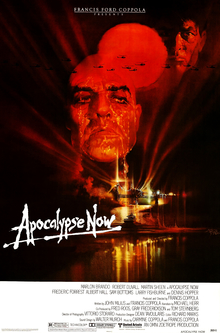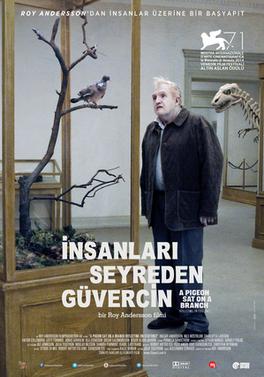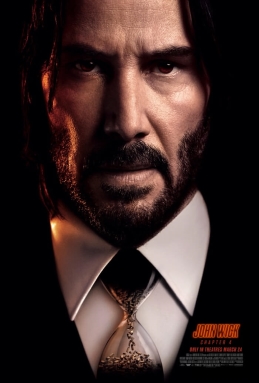Lists
















48 Movies
New Hollywood Era
Sort by:
Recent Desc
Mid-1960s to 1980s, and possibly several movements depending on what you read. Spaghetti Westerns, Commedia all'italiana, and French New Wave are doing great in American cinemas, and "traditional Hollywood" is on the decline. Studios turn to new writers and directors to try to capture the "European Phenomenon." This is the beginning of the great 1970s revolution of American film: technological advancements, anti-establishment politics, counter culture and liberalization of sexuality, and the later rise of major blockbuster films
Liked by
More lists by Niko Aiello



Best of All Time
I guess I’m more of an arthouse snob than I thought
February 2023
10
@NikoAiello



Sci-Fi and/or Horror
List includes: Stargate, Starship Troopers, Spaceballs
February 2023
1
@NikoAiello



Watchlist 2.0
List includes: Songs from the Second Floor, Calvary, A Pigeon Sat on a Branch Reflecting on Existence
February 2023
0
@NikoAiello



2023 film list
Sundance was good this year - TasteDive has not update most of these with accurate trailers/photos, descriptions are mostly okay
February 2023
1
@NikoAiello



Crime
I like stuff with financial crime, or drugs. Or financial crime related to drugs
January 2023
3
@NikoAiello



Board Games
List includes: catan, cosmic encounter, exploding kittens
December 2022
0
@NikoAiello



Contemporary Religion
Seductiveness of the miraculous, embrace of authoritarianism, corruption in power, isolation and loneliness, reflection on grief
October 2022
0
@NikoAiello



Books to Read
List includes: Underworld, language history, language change, and language relationship: an introduction to historical and comparative linguistics, meaning in language: an introduction to semantics and pragmatics
September 2022
0
@NikoAiello



Source Material
Books I quote a lot
September 2022
0
@NikoAiello